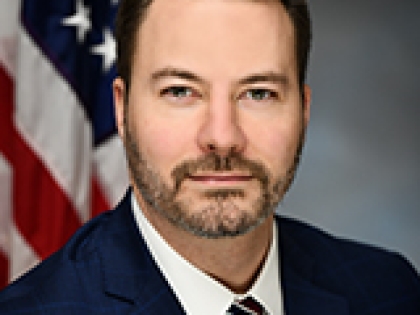
Details Surrounding Funding for Direct Care Remain Elusive
ALBANY — Funding to increase wages for direct care workers will likely be included in the state budget, but details on specifics remain elusive until a final fiscal plan is announced, Sen. Rob Ortt said on Friday.
“It seems to have been agreed on at this point. But if we don’t have an overall budget it doesn’t really matter,” said Ortt, chairman of the chamber’s mental health and developmental disabilities committee. “So obviously the focus now is to really get a whole budget. My understanding is the governor said $55 million.”
He spoke before senators left the Capitol just before 4 p.m. on Friday, signaling that the budget will not be passed by the midnight deadline.
How to phase in the wage increase hasn’t been a focus of discussions, the Republican from North Tonawanda said.
Direct care workers, who work for the disabled and elderly, and their employers have complained that the increase in the minimum wage has made it harder to recruit and retain employees when they can earn just as much working in retail or fast food restaurants.
At a rally earlier this week, Gov. Andrew Cuomo said he would bring the wages of those earning below the minimum wage up to the minimum wage and increase it by 3.25 percent on Jan. 1 and another 3.25 percent on April 1 next year.
Direct care workers earning above the minimum wage would have their wages increase 3.25 percent on Jan. 1 and another 3.25 percent on April 1, Cuomo said.
The Assembly’s one-house budget proposal included $45 million for direct care workers beginning Saturday, the start of the fiscal year.
Meanwhile, the Senate, which also supported $45 million for direct care workers, called for $11.25 million for the implementation of direct care workers’ salary increase beginning Jan. 1, 2018, the final quarter of the fiscal year.
“I think the reality is the money is there and it’s a huge victory for them and the families who depend on them,” Ortt said.
It seems doubtful that the human services sector, which has said it is suffering from similar issues in workforce retention, will get the same treatment, Ortt said.
“We’re in conversations to include OASAS and OMH and I don’t know… it seems that that may have fallen off or maybe that got caught as a hostage of the larger negotiations,” Ortt said.



